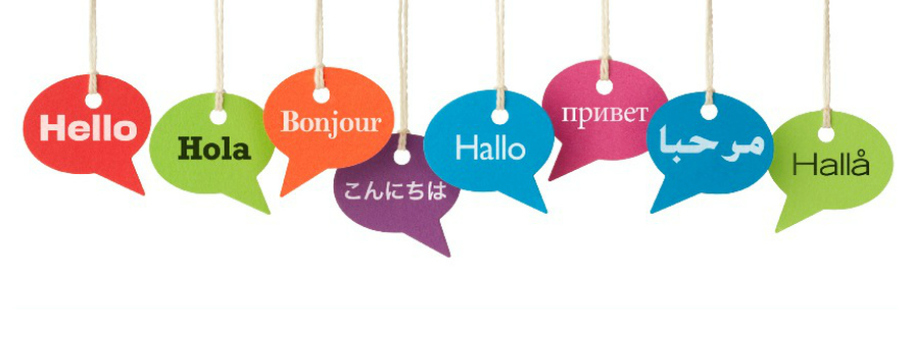
Interpreters and translators, though commonly overlooked, are one of the most vital components of international conferences. At these conferences, the interpreters simultaneously translate what a speaker is saying into another language whereas the translators work on written documents. Today, I have interviewed Tilly Gaillard, an interpreter and translator who works from French to English and vice versa.
Growing up in San Francisco, Gaillard started interpreting at age three for her grandparents who only spoke Dutch. She later attended the University of California, Berkeley where she graduated with a Bachelor of Arts, then went on to get a diploma in Social Welfare Policy in Developing Countries at the Institute of Social Studies in The Hague, Netherlands. Gaillard has also taken language courses at the University of Hawaii and the University of Geneva.
Gaillard starting working as a professional interpreter and translator in 1963 at a journalism center in Strasbourg, France. Currently, she lives in Paris, France, and mostly works for the FIDH (International Federation for Human Rights), OSS (Sahara and Sahel Observatory), Crisis Action, and CIFOR (Center for International Forestry Research).
Gaillard’s favorite parts of the job are learning, organizing, being part of a team, and pushing her mind. Her least favorite, however, is the surprises that occasionally come up. When asked about the skills she believes are required for the job, Gaillard answered: “Thorough knowledge of language and culture of target languages. For simultaneous interpretation: speed, capacity for encapsulation, sustained attention, partnership and unity with booth-mates, willingness to spend time preparing, …. For translation: commitment to text, capacity to move away from original wording without jeopardizing accuracy, curiosity … These are but a few that come to mind.”
Finally, I asked Gaillard if she had any advice for individuals considering a career as an interpreter/translator. To be an interpreter, Gaillard insisted on the importance of humility, explaining, “this is not a precise science, and you are not in center-stage.” She also explained that you need to be able to compensate as “a non-native speaker may use ambiguous or even slightly wrong words” and it is up to you to understand what they are trying to say and interpret it correctly.
To be a translator, Gaillard speaks of linguistic creativity, curiosity, and patience as you need to be ready to occasionally spend a long time on a short sentence. She also explains the importance of “trying to see the subject from the author’s vantage point” even if you don’t necessarily agree.
Being an interpreter/translator requires both excellent communication and people skills. Though a behind-the-scenes job, it is people like Tilly Gaillard that allow individuals from visiting tourists to politicians and ambassadors around the world to communicate.
